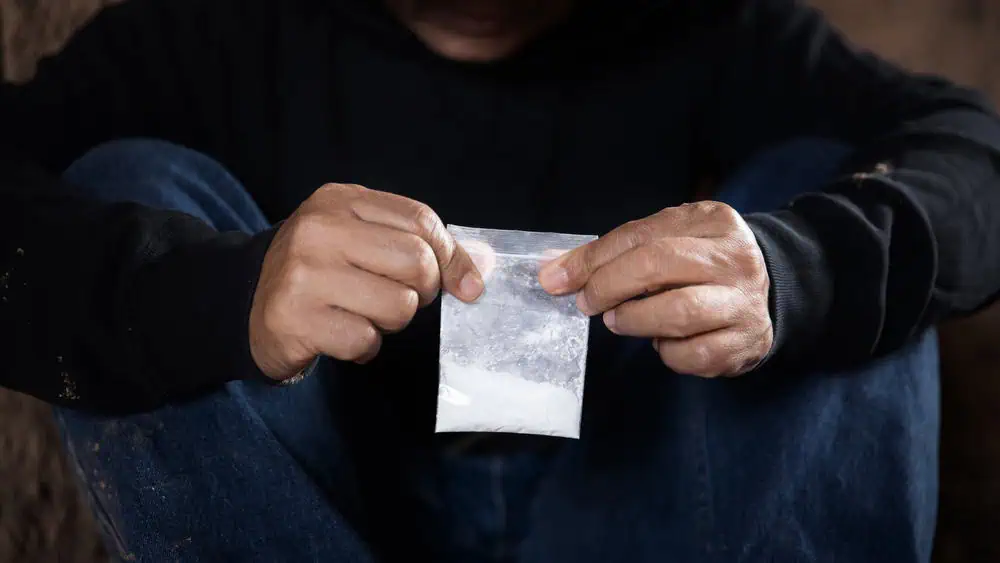Cocaine is a highly addictive substance that can greatly harm your physical, mental, and emotional health and well-being for the worse. Research suggests that millions of people globally struggle with cocaine use disorder (CUD). Left untreated, a cocaine addiction can lead to potentially life-threatening consequences or even death. In this article, you’ll learn more about cocaine addiction, and learn more about whether cocaine is a stimulant or depressant below.
Our compassionate, experienced team at East Coast Recovery Center is here to help you receive the individualized care you need to lead a healthier life. Our top-rated recovery center in Massachusetts provides a wide range of addiction treatment and mental health care treatment options and programs to best support your unique recovery needs. Contact us to learn more about how we support your recovery today!
Is Cocaine a Stimulant or Depressant?
Curious to learn whether cocaine is a stimulant or depressant?

Cocaine is a strong addictive substance that is a stimulant that raises dopamine levels. Specifically, cocaine works to raise feelings of pleasure while speeding up your brain so you experience intense feelings of energy. Unfortunately, while this stimulant can raise the sense of energy and pleasure in your brain, this stimulant can also create feelings of restlessness. Plus, as the drug begins to become metabolized and wear off in your body, you can experience a sort of “crash” as you no longer are experiencing the stimulant “high” from abusing cocaine.
Therefore, cocaine is a stimulant, not a depressant. A stimulant like cocaine looks to raise feelings of energy, euphoria, and alertness. Meanwhile, a depressant, like alcohol, works to slow down the brain. This can cause you to experience a relaxing effect which impairs coordination, causes drowsiness, and decreases heart rate.
Signs You May Be Struggling with a Cocaine Addiction
Cocaine is a strong stimulant drug that is not only highly addictive, but it can also put you at risk of life-threatening consequences, like overdose and death. If you are unsure of whether or not you may be struggling with a cocaine addiction, or another drug addiction, here are several common signs and symptoms of drug addiction to look out for.
- Sudden change in appetite or weight changes
- Sleep problems
- Losing interest in activities you once enjoyed
- Increased irritability or mood swings
- Fractured relationships with loved ones
- Isolating yourself to fuel your addiction
- Needing more of a drug to achieve the desired effect
- Inability to stop abusing the drug, even when you want to quit
- Intense cravings or urges to abuse the drug
There are a wide range of physical and psychological signs of drug addiction that can not only negatively impact your physical and mental health, but also harm your overall quality of life and relationships with others. Unfortunately, sometimes it can be difficult to recognize if you are struggling with a drug problem. If you suspect that you or someone you know may be struggling with an addiction, it’s critical you seek professional help so you can get a proper diagnosis and treatment to help you safely overcome your addiction.
Otherwise, continuing to abuse cocaine or another powerful addictive drug, can not only harm your life and hurt those you love, but it can also put you at risk of facing life-threatening consequences, like overdosing and death.
Help Is Available
Now you know more about whether cocaine is a stimulant or depressant”. The answer is that yes, cocaine is a powerful stimulant that impacts millions of lives around the world. Unfortunately, cocaine is a highly addictive substance, that can not only put your health and quality of life at risk, but it can also lead to life-threatening consequences. Therefore, if you or someone you know is struggling with cocaine addiction or another form of addiction, it’s critical you seek professional support so you can lead a healthier, happier quality of life.
At East Coast Recovery Center, we understand each patient’s recovery journey is uniquely different. Whether you are struggling with a cocaine addiction, alcohol addiction, or a dual diagnosis, we provide a wide range of mental health care and addiction treatment options to ensure you receive the right care to achieve long-term sobriety. Contact us today to learn more about how we can support your road to recovery.










